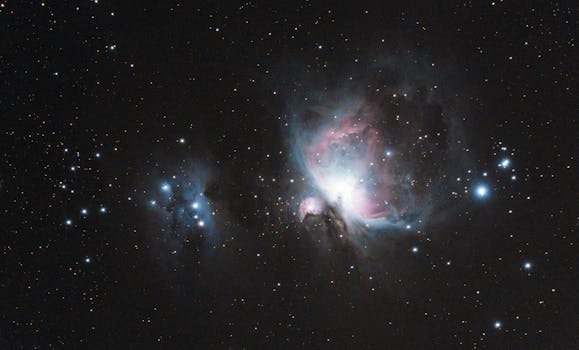
Introduction to Quantum Mechanics

Understanding quantum mechanics is essential for grasping the nature of reality. Quantum mechanics, a fundamental theory in physics, describes the behavior of matter and energy at the smallest scales, such as atoms and subatomic particles. This article aims to delve into the intricacies of quantum mechanics and explore its implications for the fabric of reality itself.
The Principles of Quantum Mechanics

At the heart of quantum mechanics lie several key principles that distinguish it from classical physics. One of these is the concept of superposition, which states that particles can exist in multiple states simultaneously until observed. This challenges our classical intuition about the nature of existence.
Another fundamental principle is entanglement, where particles become interconnected in such a way that the state of one particle instantly influences the state of another, regardless of the distance separating them. This phenomenon suggests a deeper connection between particles that transcends traditional spatial boundaries.
Implications for Reality

The implications of quantum mechanics extend far beyond the realm of physics. For instance, the idea of superposition raises questions about the nature of reality itself. If particles can exist in multiple states, what does that mean for our understanding of existence? Are there multiple realities coexisting simultaneously?
Moreover, entanglement challenges our perceptions of locality and causality. If particles can influence each other instantaneously across vast distances, it calls into question the very fabric of space and time. This has led some physicists and philosophers to propose that our reality may be more interconnected than we perceive.
Quantum Mechanics and Consciousness

There is an intriguing intersection between quantum mechanics and consciousness. Some theories suggest that consciousness itself may play a role in the collapse of the quantum wave function, leading to the manifestation of reality as we experience it. This proposition raises profound questions about the nature of consciousness and its relationship with the physical universe.
Conclusion

In summary, understanding quantum mechanics is crucial for comprehending the implications it has for reality. The principles of superposition and entanglement challenge our classical notions and suggest a more complex and interconnected universe. As we continue to explore these ideas, we may uncover new insights that reshape our understanding of existence itself.






